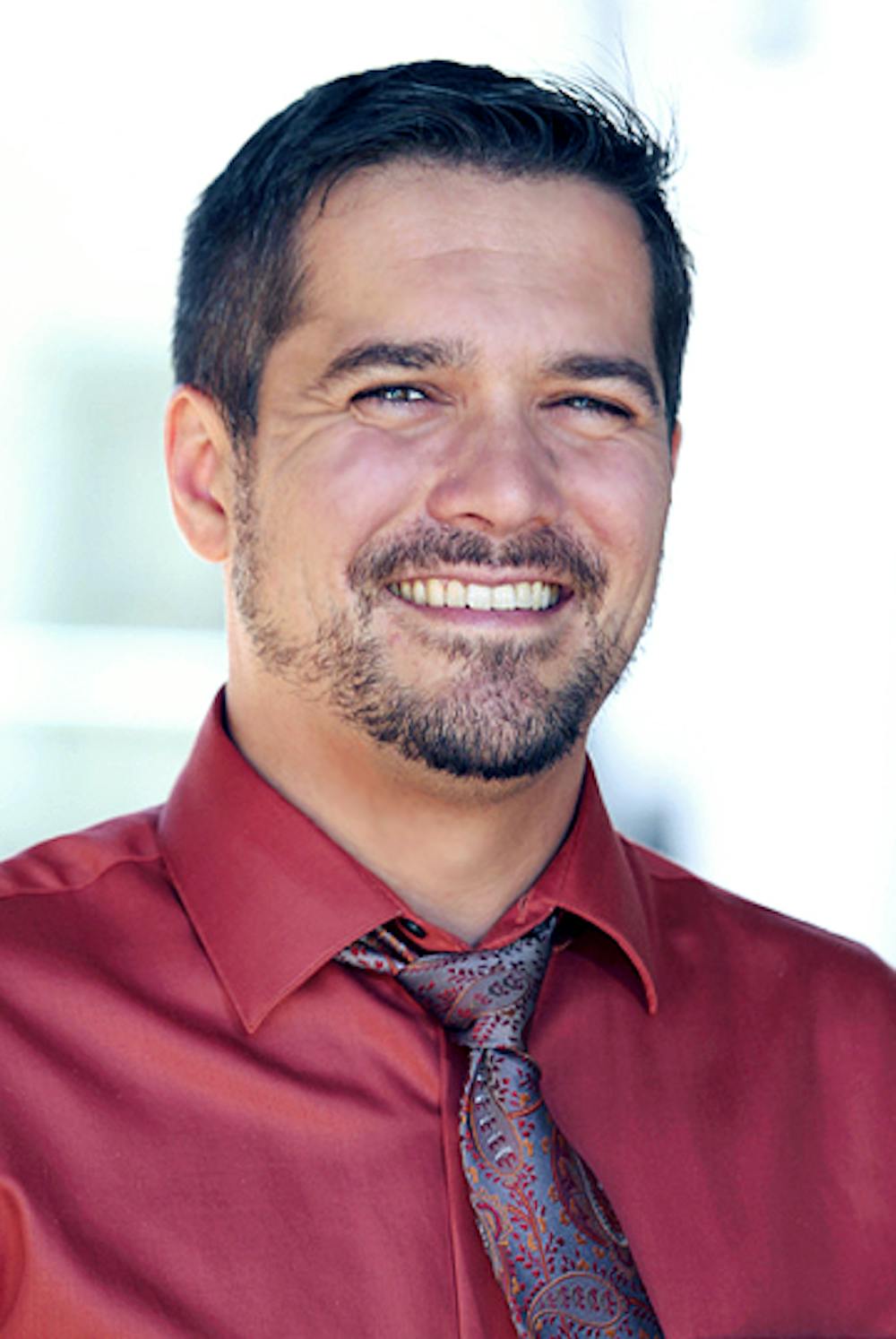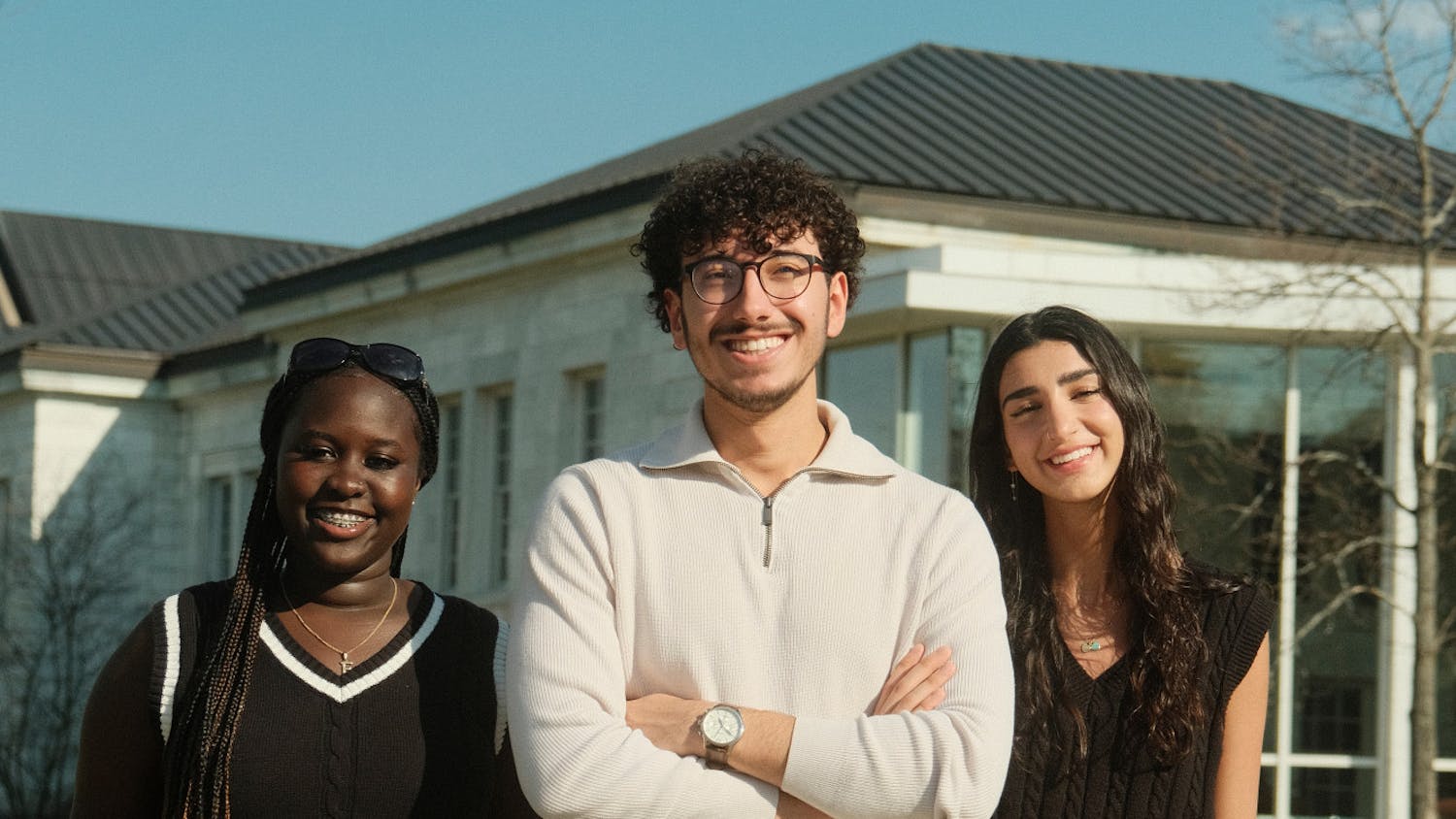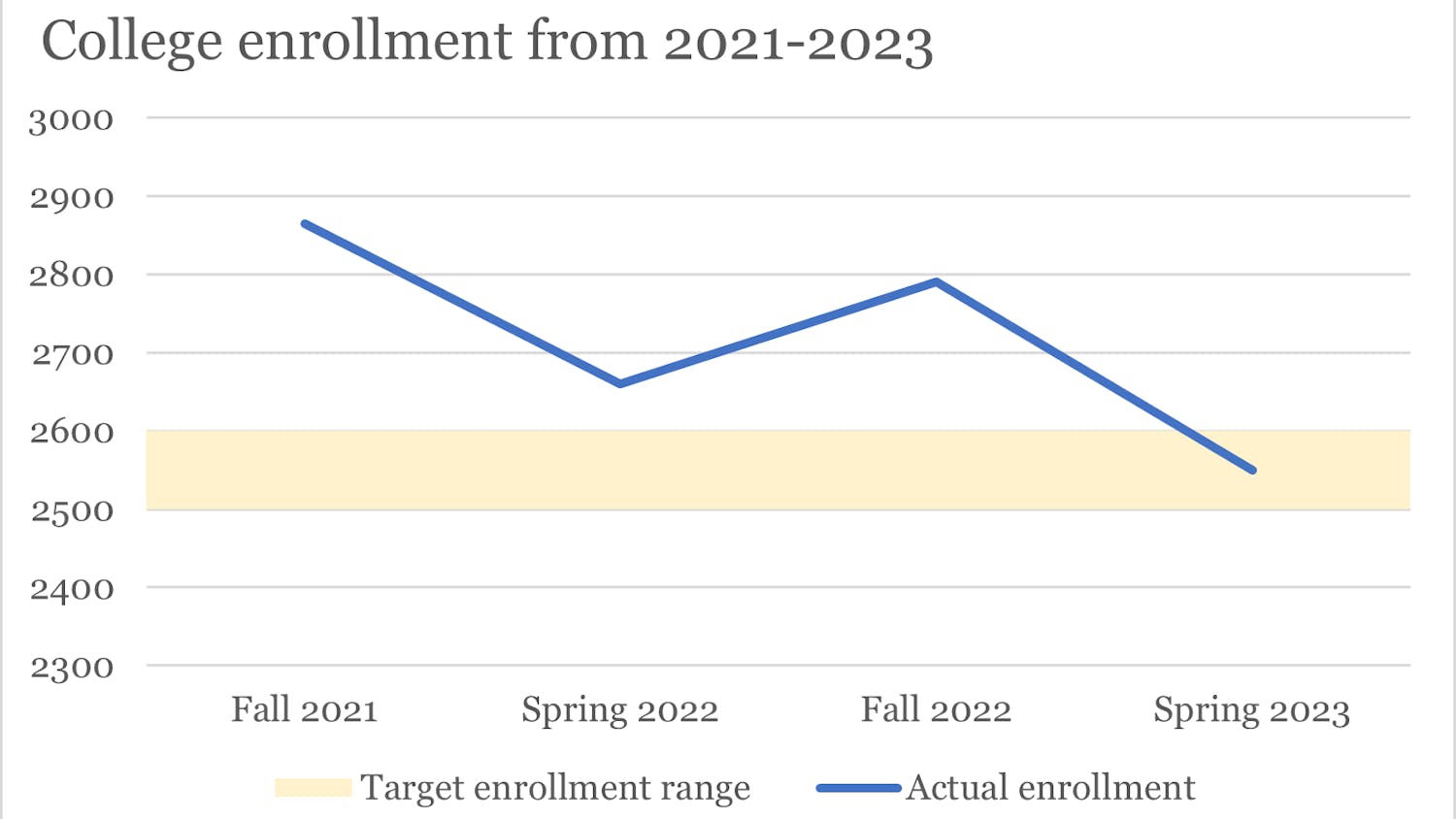Thor Sawin, associate professor at the Middlebury Institute of International Studies (MIIS) in Monterey, was named the new associate dean of curriculum of Middlebury Language Schools on April 20. Having taught German, English and linguistics at MIIS since 2013, he looks forward to strengthening the college’s reputation as a center for language instruction through new, collaborative initiatives at the college and beyond.
“One of the reasons I love Middlebury and was excited to take the job even out here is I don’t think there’s any other organization in the world that has as many different kinds of language learning happening under the same umbrella as we have,” Sawin told The Campus.
He taught in the summer language schools for four summers since 2018, including during the pandemic and most recently last summer in 2022. Sawin’s connection to Middlebury’s Vermont campus extends back to 2017, when he presented to the college on language instruction at liberal arts colleges. He has also taught two J-Term courses — Beginning German Continued, and another on linguistics — through which he gained valuable experience with students and faculty in Vermont. He hopes to use his wide range of experiences at Middlebury to improve language instruction throughout all of Middlebury’s programs.
Sawin described some of the projects that he will be contributing to in this new role, such as streamlining the process of language teacher certification in Vermont and working across the country at large to advocate for language learning through programs such as Advocacy Days in Washington, D.C. Additionally, he will be looking to expand the research on language instruction that occurs in Middlebury and publicizing the different kinds of learning he and other professors have witnessed in their classrooms.
“I’m working with some of the major language organizations in the country — language teaching organizations and advocacy organizations — to train researchers, to train language teachers, just to raise the profile of language learning all across Middlebury,” Sawin explained.
He expressed his excitement about collaborating with other initiatives at Middlebury that he sees as essential to language instruction. Sawin specifically spoke about collaborating more with the Language Schools’ graduate and doctoral students to strengthen their educational opportunities. He also anticipates working with Middlebury’s Conflict Transformation Graduate Fellows on advancing their goal of using language in their chosen field.
“Language learning is so connected to the strengths of Middlebury, and global security threats, climate change mitigation and policy — all of this work is interlinguistic work,” he explained. “It’s a cliché thing to say, but without language skills, none of this work can actually happen.”
Sawin also discussed his thoughts on the possibility of new methods for language instruction at Middlebury, such as exploring how artificial intelligence tools could be implemented in the classroom. He believes that artificial intelligence will be a powerful tool to help students assess their learning and enable instructors to concentrate on the most important parts of instruction.
“I’m really excited about helping us think through what's happening with artificial intelligence, with artificially intelligently generated texts. I believe there’ll be as great of a need for language skills as ever — but the language skills are changing, the kinds of tasks that will happen in our classrooms are changing,” Sawin said.
He looks forward to learning more about each of the 13 language schools and understanding their different initiatives as well as the commonalities across various disciplines. He hopes to share more of the language schools’ work with the rest of Middlebury and the language instruction community worldwide.
“It would be great if we could publish a journal issue that highlighted the strengths of each of the different schools. Like what's constant about this sort of Middlebury language schools model, and then all of the ways that each school is facing different geopolitical pressures, different interest in enrollments and then the pedagogical innovations that each school is doing,” Sawin added.
Sawin looks forward to working on Middlebury’s new initiatives and, overall, strengthening language learning across the institution.
“Language learning is always worth it. It’s always humbling, it always costs us our ego, our time, our energy. But in the end, it's always such a practical skill,” Sawin said. “So I think I want to help make the case that language learning is still a highly practical skill for the 21st century.”
He also expressed his gratitude for the opportunity to contribute to the development of Middlebury Language Schools and enhance its language instruction in the coming years.
“It’s a huge honor to be part of not just a traditional language school, but a school that’s embedded in an institution that has so many strengths and such a heart to really change the world, and such a long track record of doing that,” Sawin explained. “That’s what made this position really exciting to me.”

Ryan McElroy '25 (he/him) is the Editor in Chief.
Ryan has previously served as a Managing Editor, News Editor and Staff Writer. He is majoring in history with a minor in art history. Outside of The Campus, he is co-captain of Middlebury Mock Trial and previously worked as Head Advising Fellow for Matriculate and a research assistant in the History department. Last summer Ryan interned as a global risk analyst at a bank in Charlotte, North Carolina.




